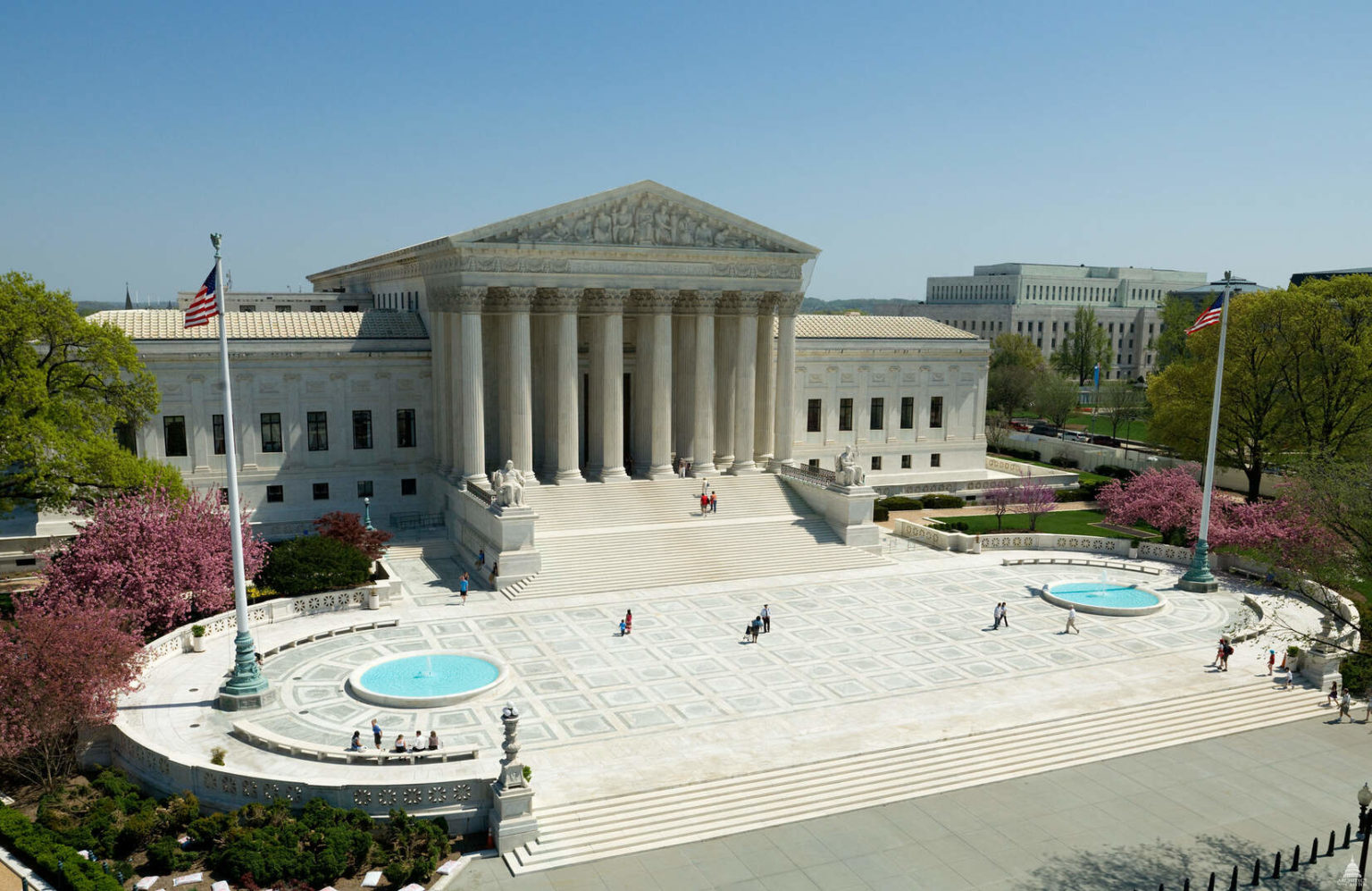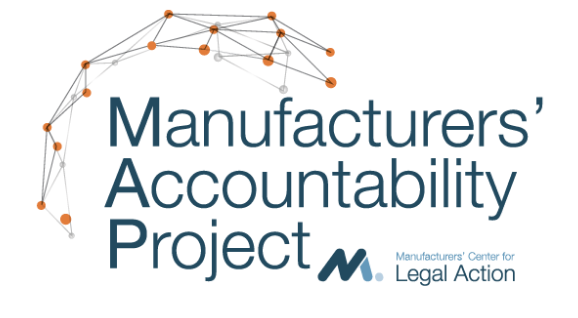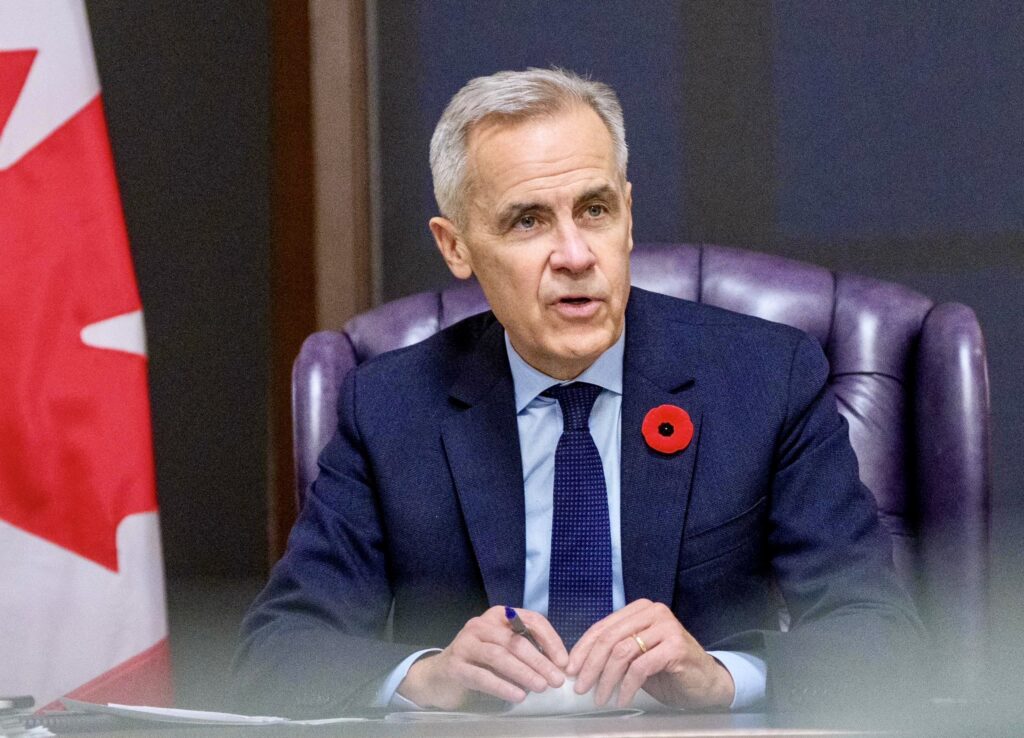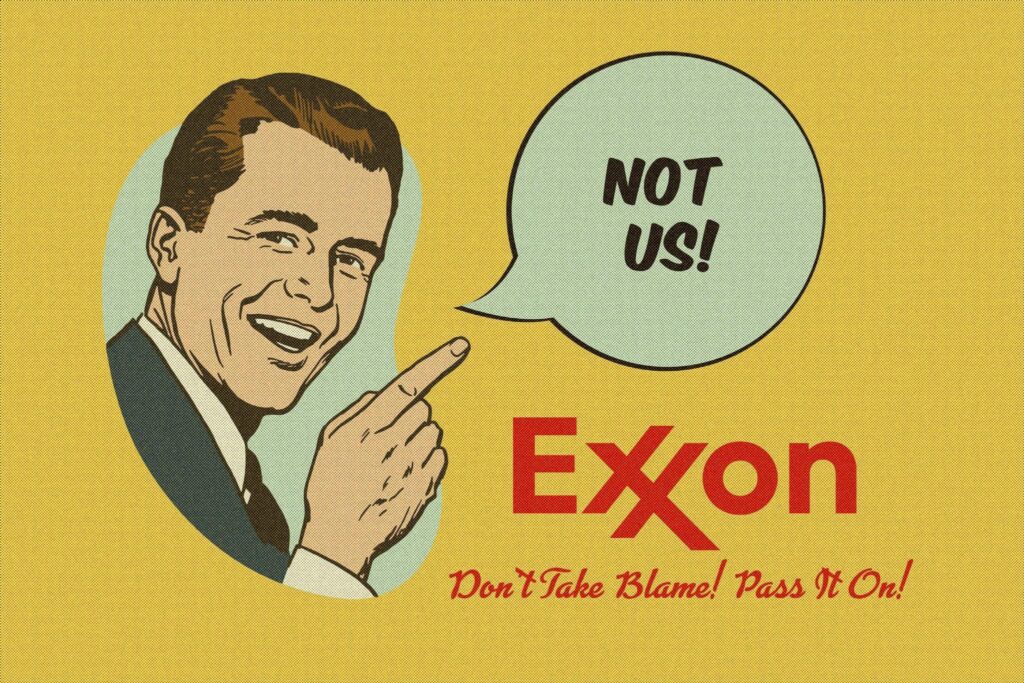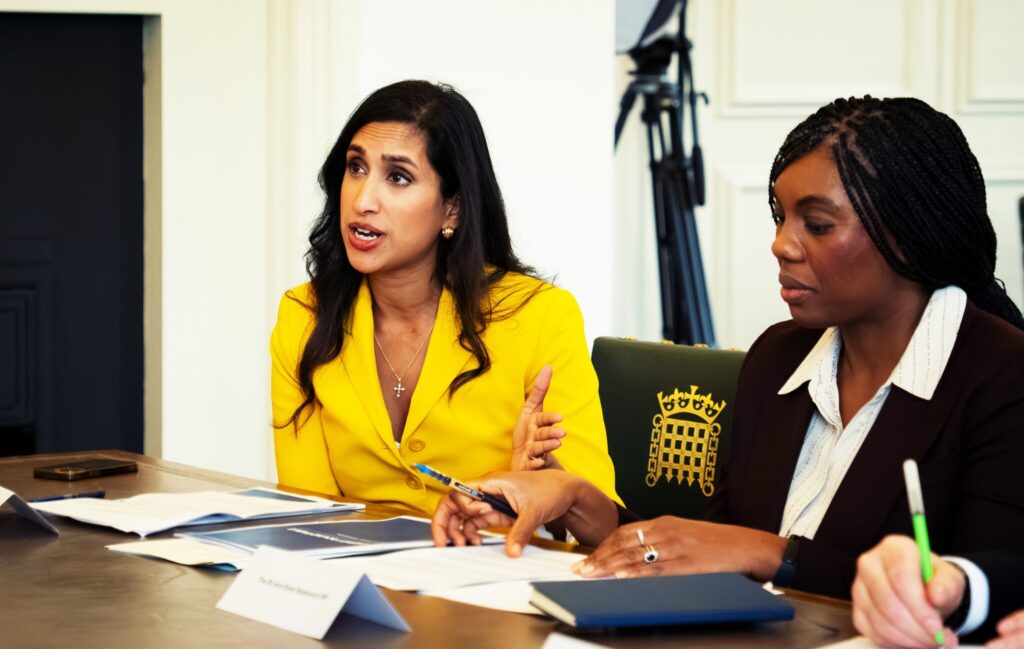California communities last month got an important procedural win in their efforts to get fossil fuel companies to pay for climate-related impacts. On May 26, a federal appeals court ruled that their lawsuits could go ahead in state court, which is their preferred venue, rather than federal court.
Similar lawsuits filed by Colorado communities, Baltimore, and Rhode Island are also marching on in state courts following unsuccessful attempts by fossil fuel companies to have the cases heard in federal courts, where they are more likely to be dismissed. Overall, the communities lodging these legal battles seem to be gaining momentum.
However, some of the companies facing those lawsuits appear to be gearing up for a larger battle, looking to the Supreme Court to weigh in and using their network of promoters to continue attacking these lawsuits outside the courtroom.
BREAKING: Big Oil loses 9th Circuit appeals in climate cases from California local govts https://t.co/K8HGuP7n0m
— Ellen M. Gilmer (@ellengilmer) May 26, 2020
One such supporter of fossil fuel companies is the Manufacturers’ Accountability Project (MAP). An initiative of the trade group the National Association of Manufacturers (NAM), it’s designed to push back against climate litigation targeting NAM members such as ExxonMobil and Chevron. Since the project launched in November 2017, MAP has been fiercely criticizing climate liability lawsuits like those in California.
In the wake of the recent Ninth Circuit Court of Appeals ruling, MAP Special Counsel Phil Goldberg issued a statement calling on the Supreme Court to take a definitive stance on these climate cases.
“The Ninth Circuit ruling identifies the main reason this case and all climate tort litigation is not suited for federal or state court,” he wrote, adding the ruling “underscores why the U.S. Supreme Court should hear the climate tort cases now and resolve them once and for all.”
Legal Newsline, a publication owned by the U.S. Chamber of Commerce’s Institute for Legal Reform, which is opposed to this type of lawsuit, echoed Goldberg’s statement. (The U.S. Chamber of Commerce is a staunchly pro-business group that has vowed to fight against efforts to regulate greenhouse gas emissions through existing environmental laws and has received at least $3,000,000 in funding from ExxonMobil.)
According to a June 1 Legal Newsline story, the climate cases will come to a “showdown at SCOTUS” [Supreme Court of the United States] where the high court will need to weigh in on whether plaintiffs are permitted to bring climate change cases under state law claims.
Showdown at SCOTUS likely for key issue in climate change lawsuits https://t.co/jJs2B4zvJU
— Legal Newsline (@LegalNewsline) June 1, 2020
Will the Supreme Court Get Involved?
Whether or not the Supreme Court will intervene at this stage remains to be seen. Fossil fuel companies being sued by Baltimore currently have a petition pending before the Supreme Court. That petition seeks to overturn a March appeals court ruling that Baltimore’s case should go ahead in state court.
The Ninth Circuit appeals court issued a similar ruling on May 26 allowing cases filed by six California communities to advance in state court. Those communities include the counties of San Mateo, Marin, and Santa Cruz and the cities of Imperial Beach, Richmond, and Santa Cruz. Additionally, the Ninth Circuit issued a second ruling that cases brought by Oakland and San Francisco against five oil companies did not involve issues of federal law. That ruling means those cases are also a step closer to proceeding in state court. The California communities suing fossil fuel companies want their lawsuits in state courts, where the suits have a better chance of succeeding. And that is why the companies being sued are fighting so hard to keep the lawsuits out of state court. The Ninth Circuit rulings are a big setback for those defendants.
“With respect to next steps, we are evaluating our options,” Chevron spokesman Sean Comey told DeSmog in an emailed statement on June 2. In a filing that day to the Ninth Circuit Court, the companies being sued in California asked for more time as they consider their next move. That move could either be asking the full Ninth Circuit Court to review the May 26 rulings (which were issued by a panel of three judges from that court), or alternatively to ask the Supreme Court to review the rulings.
“I would imagine the oil companies will seek en banc [full court] review in the Ninth Circuit. If that fails they’ll petition … the Supreme Court,” University of California, Los Angeles environmental law professor Ann Carlson, who has done consulting work for the California plaintiffs, said in an email. As for whether the Supreme Court might intervene given the petition pending in Baltimore’s case, Carlson said she “would guess that they’ll reject the petition.”
Judges have issued momentous decisions in climate-focused lawsuits in recent months.
But local governments have a long way to go in their efforts to hold BP, Exxon and others liable. https://t.co/yqpvQL4IvO
— Bloomberg Law: Environment (@environment) June 2, 2020
Dan Farber, professor at UC Berkeley School of Law, addressed the question of “will the Supreme Court intervene?” in a May 27 post on the Legal Planet blog, which provides insight and analysis on energy and environmental law and policy from faculty at UC Berkeley School of Law and UCLA School of Law.
“As a technical matter, the Ninth Circuit seems clearly correct. But even if these lawsuits ultimately lose in state court, such lawsuits could be a drain on oil companies and scare investors. The question is whether the Supreme Court is willing to wait until the state courts have finished deciding these cases,” Farber wrote.
“At least some Justices on the Supreme Court are likely to think that these lawsuits are an invitation to dangerous judicial activism,” he added. “And they may not trust the courts in Blue States to turn down the invitation. Are there enough Justices with that attitude to overturn the Ninth Circuit? I guess we’ll find out.”
The Supreme Court has already refused to pause several of these climate cases while the fossil fuel companies appealed decisions ordering the cases back to state courts. Two federal appeals courts, the Fourth Circuit and the Ninth Circuit, have now upheld those decisions. According to one environmental legal expert, these outcomes further reduce the likelihood that the Supreme Court would get involved at this stage.
“If there is no split among these Circuits, it is highly unlikely that the Supreme Court will take that up,” Alyssa Johl, an environmental attorney at the Center for Climate Integrity, a nonprofit supporting climate liability litigation, told DeSmog in an interview.
Johl also noted that the Ninth Circuit Court panel who issued the recent decisions favoring the California communities is “not an overly liberal panel,” with two out of the three judges on that panel having been appointed by Republican presidents. Seeking a review from the full court might not be in the fossil fuel companies’ best interests because they might not see a different outcome.
“It’s almost the end of the road for defendants to challenge these cases in federal court,” Johl said. “To some extent [defendants] have already accepted their fate that these cases are going to proceed, and that they’re going to have to defend themselves in state courts around this country.”
Climate Litigation Countermovement
The oil, gas, and coal companies being sued are getting help amplifying their defense strategies in these cases. That help is coming from supporters at industry-funded websites and front groups that are working to discredit and oppose climate litigation.
According to a fact sheet from EarthRights International, “In most cases, these intermediaries do not disclose when they have financial and strategic relationships with oil and gas companies that are defendants in the lawsuits. Most of the organizations have a close relationship with FTI Consulting, a Washington, D.C.-based public relations firm that works on behalf of ExxonMobil and other members of the oil and gas industry.”
Energy In Depth, for example, is a website with regular posts both promoting oil and gas and attacking climate and environmental advocates and policies, including the climate liability lawsuits. FTI Consulting manages the website, which is a project of the Independent Petroleum Association of America (IPAA).
Another intermediary is Climate Litigation Watch, which formed in 2018 specifically to counter the climate liability lawsuits against fossil fuel producers. Run by climate science denier and former coal attorney Chris Horner, the website is a project of Horner’s latest venture, Government Accountability & Oversight. This group uses public records requests and freedom of information lawsuits to target institutions and individuals working on climate issues and trying to hold polluters accountable.
NEW | The governments of #Baltimore and #RhodeIsland are calling out a “decades-long campaign of deception” by the #fossilfuel companies in urging courts to advance lawsuits trying to hold polluters responsible for #climate damages. https://t.co/Yuzd15aNRF
— DeSmogBlog (@DeSmogBlog) April 11, 2020
A closely related organization called Energy Policy Advocates uses the same tactics and also works to oppose the climate liability lawsuits. Energy Policy Advocates has intervened in support of fossil fuel company defendants in Rhode Island’s climate lawsuit and, most recently, in the companies’ Supreme Court petition in Baltimore’s climate case.
Then there is the Manufacturers Accountability Project and Phil Goldberg, who has been particularly outspoken in opposing the climate liability lawsuits.
“The companies themselves aren’t making public statements. But Phil Goldberg from MAP, others, the third party players are making strong statements as they’ve been doing all along,” Johl, the environmental attorney, told DeSmog.
“They’ve been trying to shut this [climate liability litigation] down,” she added. “Phil Goldberg has attempted to shut down public events we’ve organized, educational law school events.”
The Manufacturers’ Accountability Project is an initiative of the National Association of Manufacturers, whose members include ExxonMobil and Chevron.
One such event was a panel discussion on climate change litigation held at the University of Hawaii law school in May 2019. The day before the event, Goldberg emailed an associate dean at the law school and one of the event organizers, Denise Antolini, complaining that there was no fossil fuel industry representative on the panel and demanding the event be postponed. Antolini, who did not see the email until after the event, followed up with a letter to Goldberg saying she had never received an email like this in her 23-year academic career, an email she described as a “request to disrupt our public event.”
The University of Colorado held a similar panel discussion at its law school in April 2019, and in the days leading up to the event, Dean S. James Ayana received from industry representatives an email raising the concern that the panel had no one from industry speaking. The Manufacturers’ Accountability Project issued a statement at the time criticizing the University of Colorado panel as a “one-sided event.”
Goldberg, a former coal lobbyist with a long history of working on behalf of corporate interests, and other fossil fuel allies have argued that these climate liability cases are nothing more than a political stunt, that the end game is to regulate the industry, and that climate change is an issue that needs to be dealt with by the executive and legislative branches. These are essentially the same arguments that fossil fuel companies are making in court, and the intermediaries appear to be echoing this message in the public sphere.
“Goldberg is misrepresenting the issues in ways that are really disingenuous,” Johl said. “He just twists and turns and misconstrues the cases in ways that are completely false.”
Phil Goldberg did not respond to a request for comment.
Plaintiffs and their supporters say that the climate lawsuits targeting fossil fuel companies are not about solving climate change or regulating the energy industry. Instead, the lawsuits are narrowly fixed on holding companies liable for alleged deceptive promotion of a harmful product, much like litigation against companies producing tobacco and opioids.
“This is similar to tobacco and MTBE [a gasoline additive] and asbestos and opioids, where there was this history of deception and denial and lying to consumers about the essential harms of their products,” Johl explained. “All of these actors have been held accountable under public nuisance, under product liability and consumer protection law in state courts around the country.”
“We’re not trying to litigate the [United Nations] climate negotiations, we’re not trying to litigate a carbon tax or climate policy. That’s not what this is about,” Johl added. “[These climate cases] really are about damages, seeking the recovery of costs that communities are going to have to pay to adapt to sea level rise and other climate impacts.”
Main Image: U.S. Supreme Court Building. Credit: US Capitol, public domain
Subscribe to our newsletter
Stay up to date with DeSmog news and alerts


